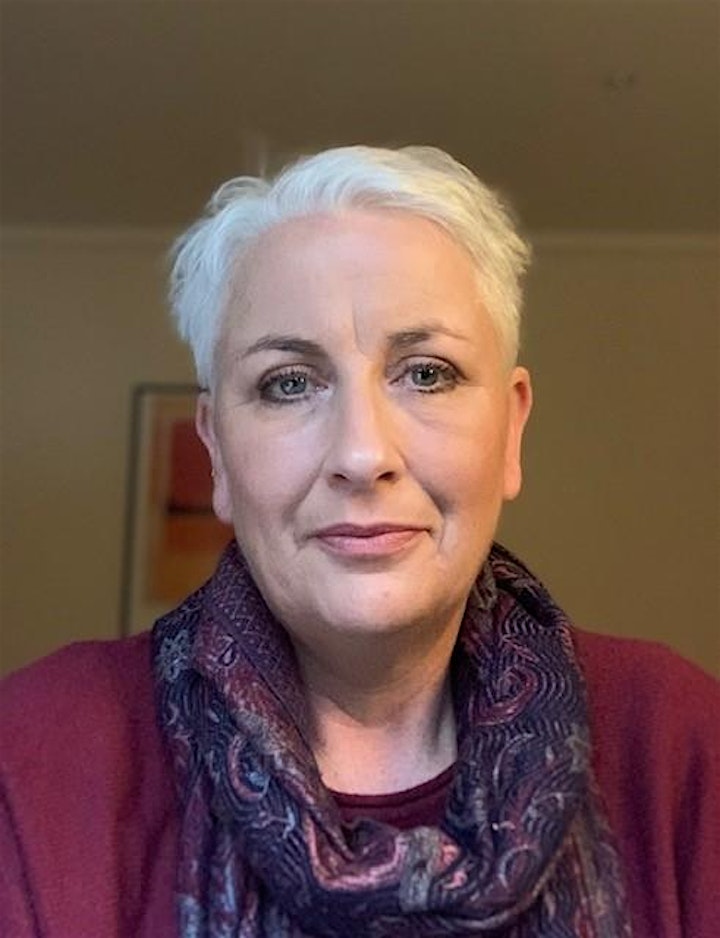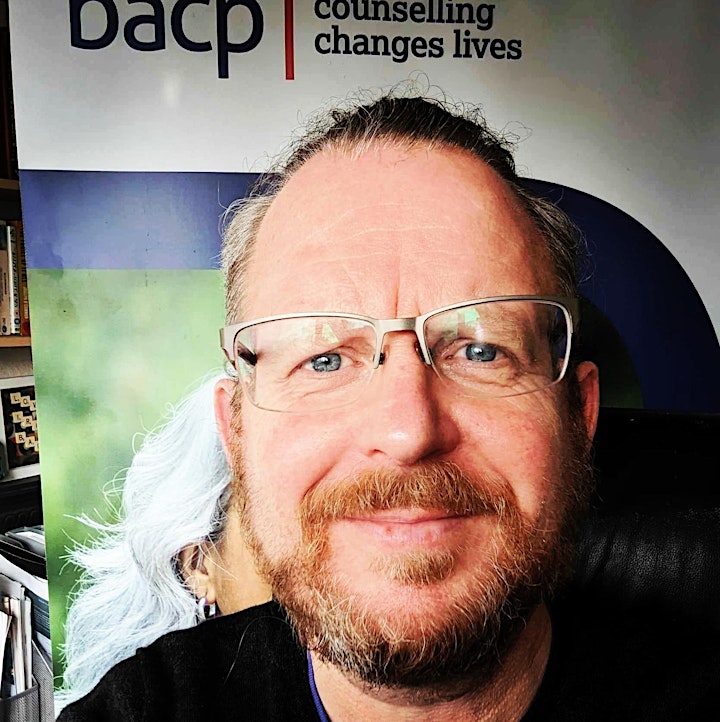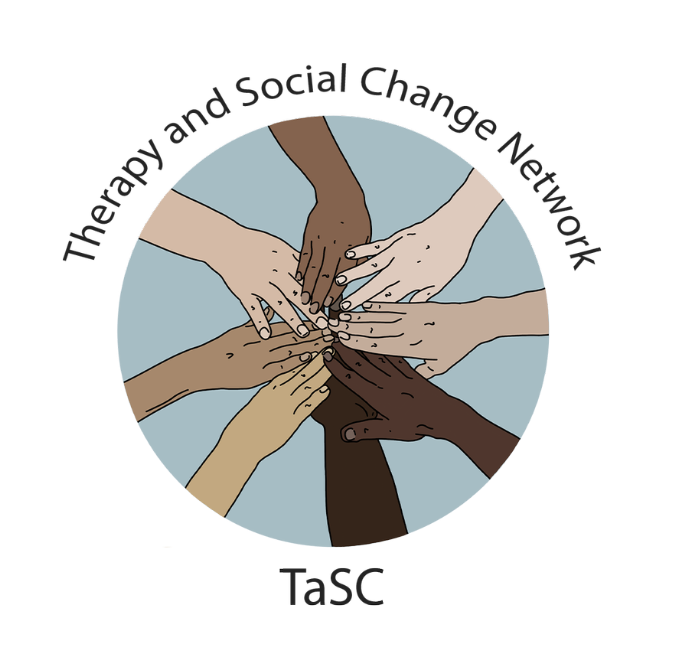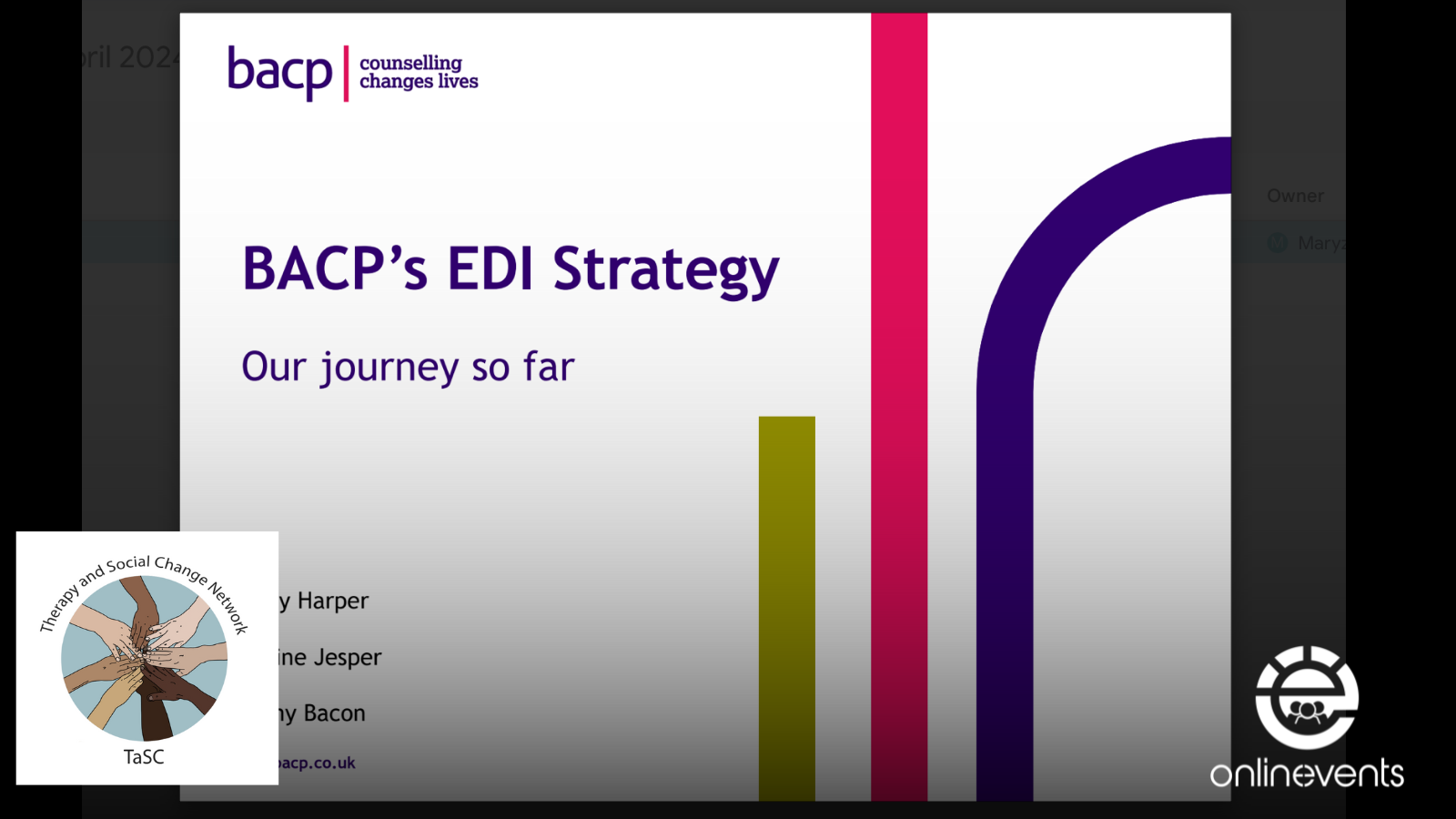BACP’s EDI Strategy aims to embed the values that underpin equality, diversity and inclusion within the organisation and across the wider profession so that counselling and psychotherapy can continue to change the lives of all parts of our diverse communities.
Focusing on EDI benefits the profession, therapists and those considering becoming therapists, clients (including prospective clients) and of course, mental health across all parts of our society. Our strategy sets out our commitment to evolve and improve practice across all areas of our work as a counselling and psychotherapy membership organisation. Making the necessary changes and improvements is a complex, long-term commitment therefore, our journey is ongoing and will evolve as society changes.
This session will cover three areas:
- The Past:
- The rationale for developing an EDI Strategy, the types of issues being encountered within the BACP membership, services and training, and more widely in society.
- The development process, and the aims and objectives of the strategy.
- The implementation work that has taken place so far.
- The Present:
- Work that is currently ongoing to implement the EDI Strategy.
- Impact of the strategy to date.
3. The Future:
- Identifying gaps and future workstreams to further embed the strategy and facilitate its ongoing evolution.
The session will be delivered by Steve Rattray and Bryony Harper from BACP’s EDI Task and Finish Group, Jeremy Bacon, BACP Third Sector Policy Lead and Caroline Jesper, BACP Head of Professional Standards. There will be opportunities for the group to share and discuss issues concerning EDI and ideas for positive change.
This event is included in a series of seminars organised in collaboration with the Therapy and Social Change Network.
Course Content
Presenter

Bryony Harper is a person-centred counsellor and a lecturer in counselling and psychological therapies at Nottingham Trent University. An accredited member of the BACP, she was a member of the BACP’s EDI Task and Finish Group, bringing her experiences of working to improve inclusivity, accessibility and diversity across multiple occupations, alongside her professional and personal experiences as a queer woman from a working-class background. Bryony completed her counsellor training in Humanistic Counselling Practice at the University of Nottingham and later returned to complete an MA in Trauma Studies. She has worked predominantly in services supporting children and young people and survivors of sexual and domestic violence.

Caroline Jesper is Head of Professional Standards at BACP. She joined BACP in 2014 as an Accreditation Assessor and later moved into the Professional Standards Development Facilitator role, working on developing evidence-based competences and training curricula. She began the Head of Professional Standards role in March 2020, overseeing all aspects of Professional Standards at BACP including accreditation, ethics, competence and curricula development and approved qualifications. This work involves embedding EDI into training and practice standards.
Caroline is a counsellor, supervisor and trainer with over 23 years’ practitioner experience in various contexts across the sector. She has delivered training in both further and higher education and was a Senior Lecturer at York St John University for 13 years.

Jeremy Bacon is Third Sector Lead in BACP’s policy and public affairs team. He is responsible for developing and delivering BACP’s third sector strategy. This work includes developing relationships with community-based organisations across the UK to increase understanding of their work and the challenges faced by the sector. Case studies and evidence of impact are collected to support our policy work, advocating for the role of the third sector in improving access to counselling. Jeremy supported the development of the EDI strategy and has led on several workstreams in support of its delivery.

I live with visual impairment and work collaboratively with a range of third sector organisations, and health and social care services to support the enablement, empowerment and rehabilitation of people experiencing sight loss. I’m a senior accredited counsellor and supervisor, and since 2010, I’ve also taken on different roles within BACP including membership of the Professional Ethics and Quality standards committee, the Ethics and Good Practice steering committee, the EDI Task and Finish Group and the Ethical Framework Review Working Group. My fading sight has confronted me with ever more barriers to independence, some of which are proving to be insurmountable. It’s led me to become increasingly supportive of people and organisations focused on enablement and empowerment, and it is this experience, at both a strategic and personal level, which I’ll be able to contribute to today’s session.

The Therapy and Social Change (TaSC) Network is a broad affiliation of people interested in exploring the interface between therapeutic ideas and practices and social justice perspectives and actions. We are interested both in the ways that counselling and psychotherapy can be practiced with social justice concerns in mind (for instance, tackling unconscious biases in the consulting room), and also in the ways that therapeutic principles and practices can be extended out to the wider social realm (for instance, developing social and emotional literacy in schools).


